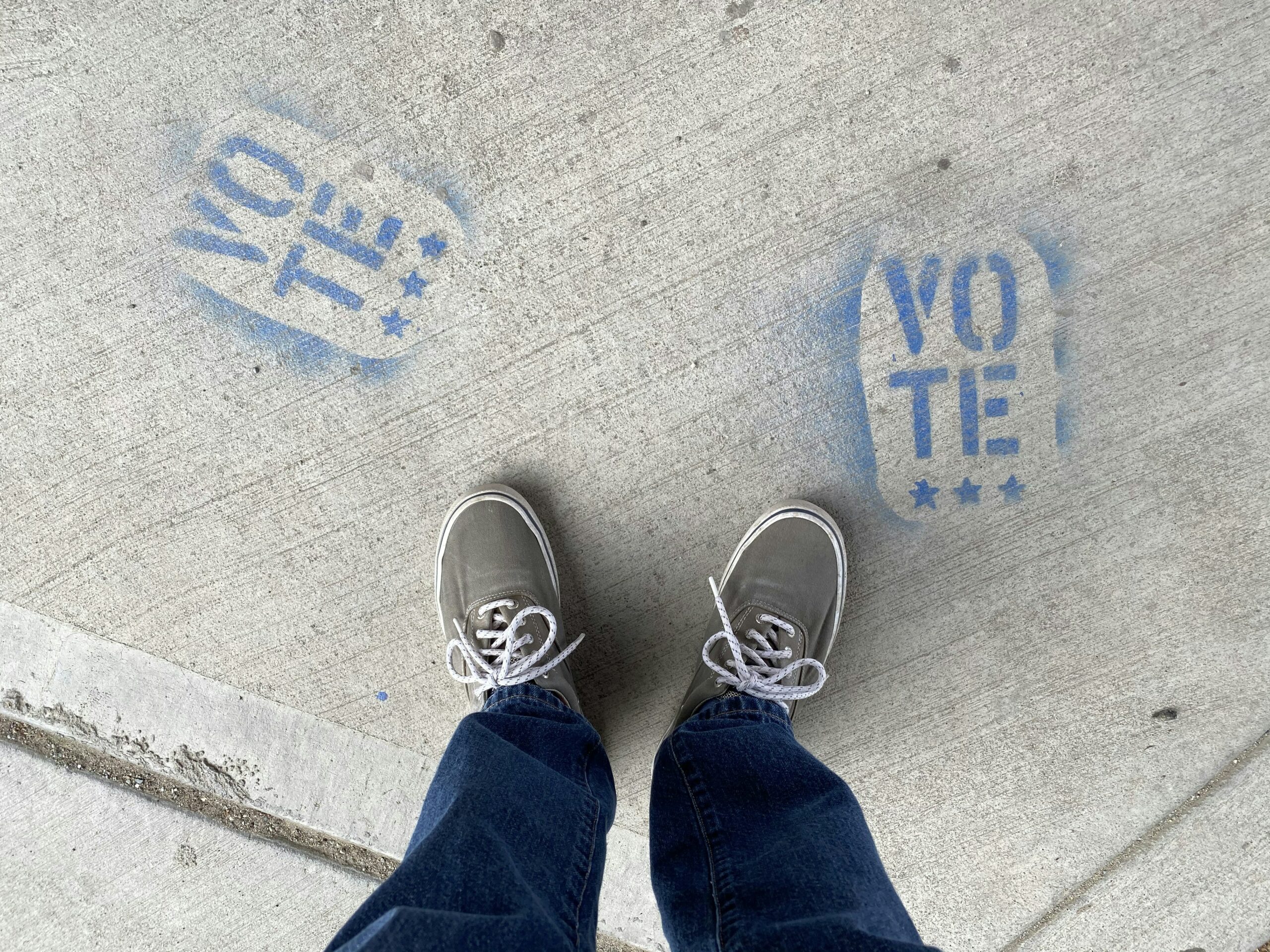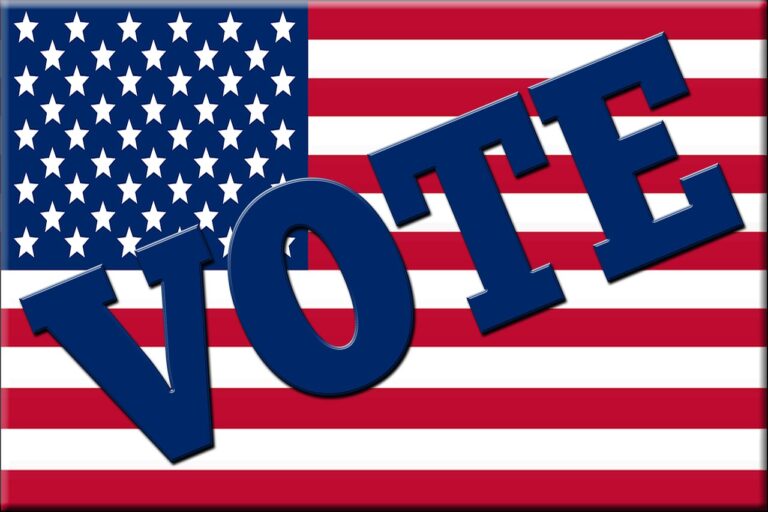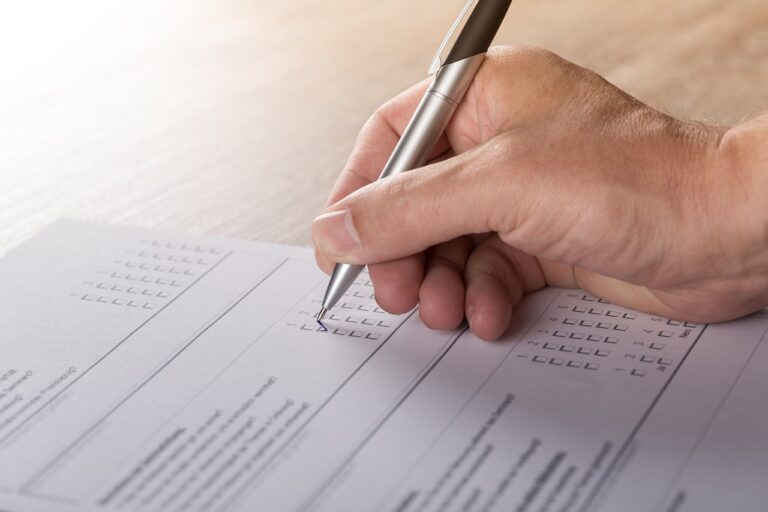The Influence of Political Debates on Voter Decision-Making
Political debates have always been a cornerstone of democratic societies, providing a platform for candidates to articulate their policies and ideologies to the public. Throughout history, these debates have played a crucial role in shaping public opinion and influencing voter decisions. From the Lincoln-Douglas debates in the 19th century to the televised debates of the modern era, political discourse has evolved significantly, yet the essence of engaging in debates remains a fundamental aspect of democratic governance.
These debates often serve as a window into the values and priorities of political candidates, allowing voters to assess their leadership qualities and policy proposals. The historical context of political debates showcases how these interactions have been pivotal in shaping the course of political history, from swaying undecided voters to mobilizing grassroots movements. By delving into the historical nuances of political debates, we can gain a deeper understanding of how these exchanges have influenced the political landscape and continue to impact voter decision-making in the present day.
Key Factors That Shape Voter Decision-Making
Voter decision-making is influenced by a multitude of factors, ranging from personal values and beliefs to broader societal issues. One key factor is political party affiliation, as individuals often align themselves with a particular party based on their ideologies and policies. This loyalty can heavily impact how a voter perceives candidates and ultimately makes their decision at the ballot box.
Moreover, candidates’ personalities and charisma play a significant role in shaping voter choices. A candidate’s ability to connect with the electorate, deliver persuasive speeches, and demonstrate strong leadership qualities can sway voters in their favor. Similarly, factors such as candidates’ track records, experience, and integrity can all influence how voters assess their suitability for office.
The Role of Media in Shaping Voter Perceptions
The media plays a significant role in shaping voter perceptions by influencing the information they receive and the way it is presented to them. Through various channels such as television, social media, and newspapers, voters are exposed to a wide range of news stories, opinions, and analyses that can impact how they view political candidates and issues.
Moreover, the tone and framing of news coverage can also sway voter perceptions. Biased reporting, sensationalism, and selective highlighting of certain issues over others can all contribute to shaping how voters perceive candidates and their policies. Additionally, the sheer volume of information bombarding voters through the media can make it challenging for them to sift through and discern what is accurate and reliable, further influencing their perceptions.
What is the historical context of political debates?
Political debates have been a crucial part of the democratic process for centuries, providing a platform for candidates to articulate their policies and engage with voters.
What are the key factors that shape voter decision-making?
Key factors that shape voter decision-making include a candidate’s policies, personality, party affiliation, and their perception of the candidate’s ability to lead.
How does the media play a role in shaping voter perceptions?
The media plays a significant role in shaping voter perceptions by framing the narrative around candidates, highlighting certain issues, and influencing public opinion through reporting and analysis.







